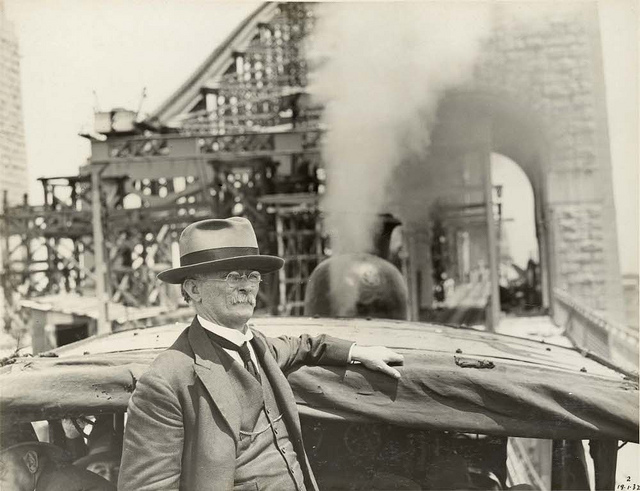US presidential candidate Mitt Romney and Australian radio commentator Alan Jones have in one thing in common – not understanding that almost every person they know is carrying a listening device.
The smartphone is a powerful tool and one of its great features is how it makes a great dictation device, you can use the built in recording applications to jot down ideas or make a record of important conversations.
Political events are a great opportunity to record the candidates’ or speakers’ talks and this is what has caught both Jones and Romney.
The 47% dependent on welfare slur has probably sunk Romney’s presidential campaign. At the very least it’s exposed the contradictions at the heart of the Republican agenda as they try to demonise those receiving government entitlements while trying to win the votes of older Americans who rely on state subsidies to survive.
In many ways the US Republicans are facing the problem of electorates that believe their entitlements are sacred that all Western politicians will be grappling with over the next quarter century.
This contradiction isn’t something either the media or the Western political classes have the intellectual capacity to deal with, so there is little chance of a rational debate on the economic sustainability of the entitlement culture.
For Romney, this contradiction now threatens to sink his campaign.
The Jones problem is somewhat different, this nasty little man was speaking to the next generation of Australian Liberal Party apparatchiks and the controversy about his tasteless comments will probably improve his standing in the sewer in which he floats. In the wider community outside Jones’ increasingly narrow circle of influence his comments only confirm the low opinion decent people have of this man.
Jones though is not naive when using the media, the real naivety is among his guests. It’s been reported that before the event the audience were asked “if there were any journalists present”.
That question being asked betrays any claim that the organisers didn’t know Jones’ comments would be offensive. It also shows how the modern political fixer misunderstands the nature of today’s media. It’s likely a recording of proceedings would have leaked out through an enthusiastic supporter showing off.
What’s really instructive is how the kindergarten apparatchiks of the Young Liberals believe that shutting down recording devices will remove the risk of being held accountable. That mentality is pervasive through government and politics – shut down discussion and lie about what happened.
All of these politicians have to understand something Alan Jones has known all along; that a microphone should be treated like a loaded weapon and never assumed to be turned off and safe.
The days of what was said to the Poughkeepsie Chamber of Commerce or the Cootamundra Country Womens Association not being reported outside the local community are long gone. If you don’t want something broadcast nationally, then don’t say it.
On balance, this is good for democracy and leadership as it makes all politicians – and business leaders – far more accountable and transparent.
Accountability and transparency are anathema to the apparatchiks who run the political parties of the Western world. These people, despite their access to power, are ultimately going to be found wanting in a world where there is a recording device in almost every person’s pocket.
There are genuine privacy concerns with smartphones but for business and political leaders the days of “speaking with a forked tongue” are over. This is not a bad thing.
Similar posts:




